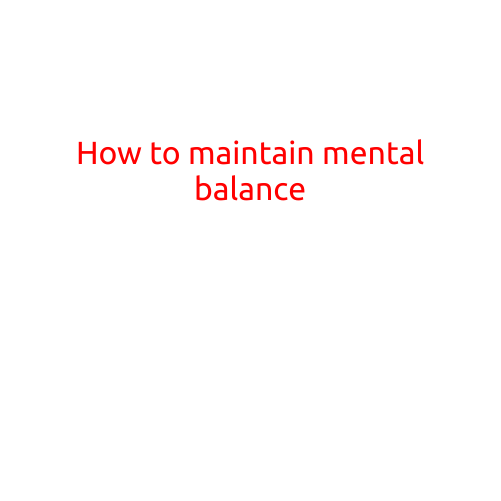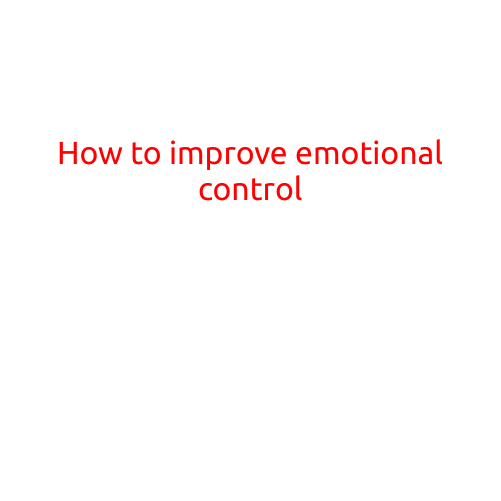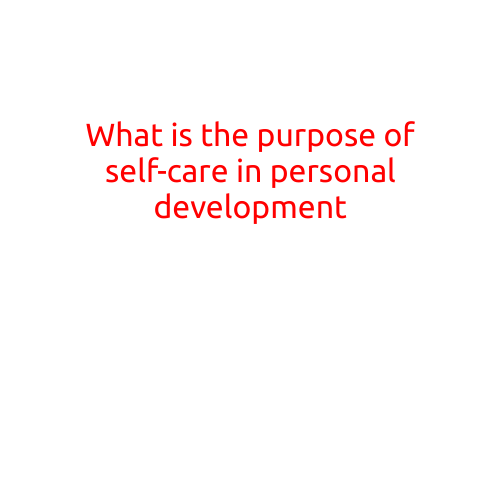
How to Stop Overthinking: Tips and Strategies for a Less Anxious Mind
Are you tired of feeling overwhelmed by your thoughts, constantly ruminating on the past, or worrying about the future? Do you find yourself stuck in a cycle of stress and anxiety, with your mind racing with thoughts that you can’t seem to shake? If so, you’re not alone. Overthinking is a common phenomenon that can affect anyone, regardless of age, background, or circumstances.
Fortunately, there are ways to break the cycle of overthinking and cultivate a more peaceful, focused mind. In this article, we’ll explore some effective strategies and tips to help you stop overthinking and live a happier, healthier life.
Understand the Root Cause of Overthinking
Before you can start working on stopping overthinking, it’s essential to understand what’s driving your thoughts. Ask yourself:
- What am I worried about?
- What’s causing me anxiety or stress?
- Is it related to my past, present, or future?
Identifying the root cause of your overthinking can help you address the underlying issue and develop a more effective plan to overcome it.
Practice Mindfulness and Presence
Mindfulness is the practice of being present in the moment, without judgment or distraction. When you’re mindful, you’re less likely to get caught up in negative thoughts and worries.
Try incorporating mindfulness exercises into your daily routine, such as:
- Meditation: Sit comfortably, close your eyes, and focus on your breath. When your mind wanders, gently bring it back to your breathing.
- Deep breathing: Take slow, deep breaths, inhaling through your nose and exhaling through your mouth.
- Body scan: Lie down or sit comfortably, and bring your attention to different parts of your body, starting from your toes and moving up to the top of your head.
Reframe Negative Thoughts
Negative thoughts can be a major contributor to overthinking. When you notice yourself thinking negative thoughts, try to reframe them in a more positive or neutral light.
- Challenge your thoughts: Ask yourself if your thoughts are based on facts or assumptions. Challenge any assumptions and reframe your thoughts in a more realistic way.
- Practice self-compassion: Treat yourself with kindness and understanding, just as you would a close friend.
Engage in Physical Activity
Exercise is an excellent way to reduce stress and anxiety, while also improving your mood and focus.
- Choose an activity you enjoy: Whether it’s walking, running, swimming, or cycling, pick something that brings you joy and makes you feel good.
- Aim for at least 30 minutes per session: Depending on your fitness level and goals, aim for a minimum of 30 minutes of physical activity per session.
Get Enough Sleep
Sleep deprivation can exacerbate overthinking, making it harder to concentrate and focus. Aim for 7-9 hours of sleep per night to help regulate your thoughts and emotions.
Limit Social Media Use
Social media can be a huge contributor to overthinking, as it can lead to comparison, anxiety, and fear of missing out (FOMO).
- Set boundaries: Limit your social media use to specific times of the day or week.
- Practice social media detox: Take a break from social media for a few days or weeks to reduce your stress and anxiety levels.
Seek Professional Help
If you’re struggling with persistent overthinking and it’s affecting your daily life, consider seeking help from a mental health professional.
- Cognitive-behavioral therapy (CBT): A type of therapy that helps you identify and change negative thought patterns.
- Mindfulness-based therapy: A type of therapy that focuses on mindfulness and presence.
Final Thoughts
Breaking the cycle of overthinking takes time, effort, and patience. By understanding the root cause of your overthinking, practicing mindfulness and presence, reframing negative thoughts, engaging in physical activity, getting enough sleep, limiting social media use, and seeking professional help, you can develop the strategies and skills necessary to stop overthinking and live a happier, healthier life.
Remember, it’s okay to think thoughts, but it’s not okay to let those thoughts control you. With practice and persistence, you can learn to manage your thoughts and live a more peaceful, authentic life.





